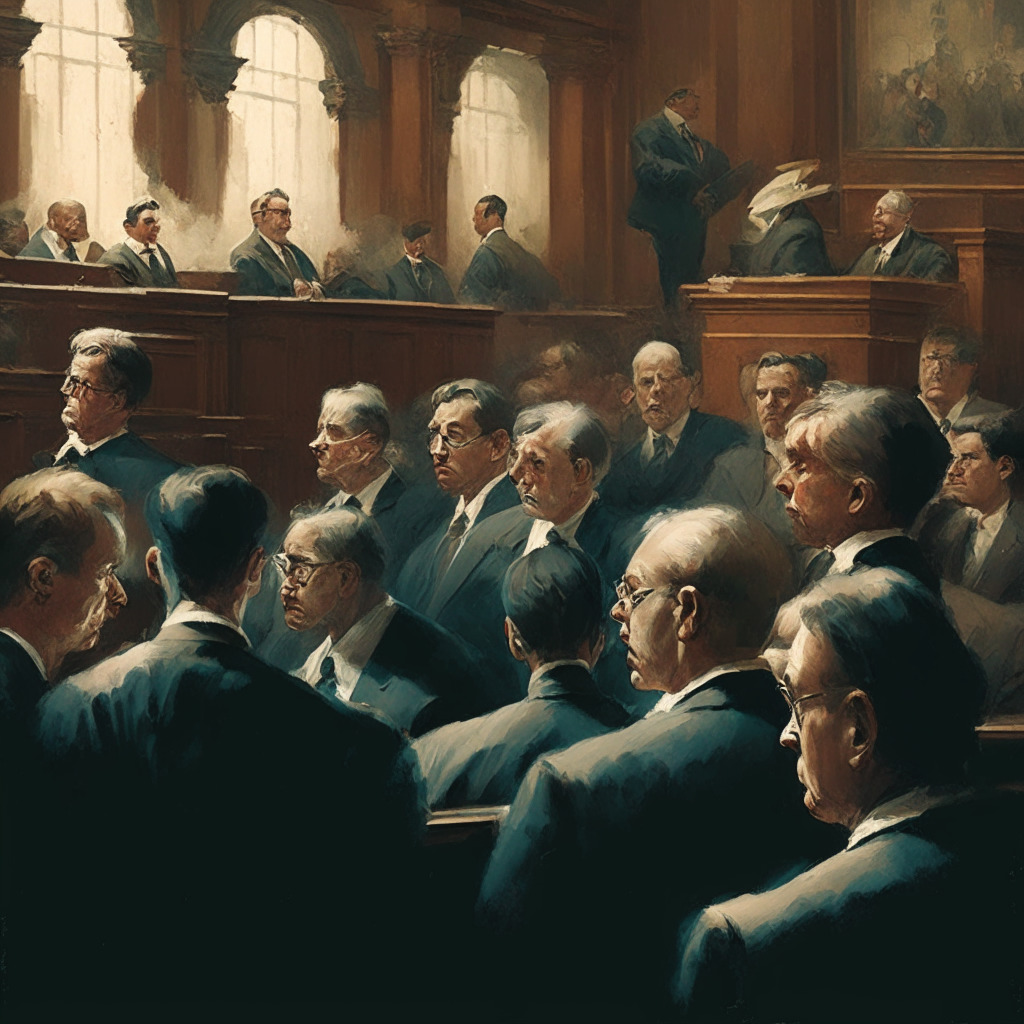The legal dynamics surrounding cryptocurrency exchanges can be as volatile as the markets they facilitate. According to an August 28 filing in U.S. District Court for the District of Columbia,Binance, one of the world’s largest cryptocurrency exchanges is making headlines with a motion requested by the US Securities and Exchange Commission (SEC) legal team to seal documents filed in the case. Some might speculate that the request for sealed documents is indicative of an ongoing criminal investigation. Former SEC official, John Reed Stark postulates that the SEC may be discreetly preparing an indictment against Binance, which could potentially contain information regarding violations of sanctions involving Russian entities.
The motion to seal documents came after Binance banned Russian residents from using other fiat currencies and removed sanctioned Russian financial institutions from their payment options. Binance’s recent action can be seen as a precautionary step to curtail potential regulatory trouble, yet it remains unclear if it will modify the SEC’s stance.
Simultaneously, a landmark has been reached in the confrontation between the SEC and Grayscale. The US Court of Appeals Circuit Judge Neomi Rao has ordered to vacate the SEC’s denial of GBTC’s listing application. Notably, this action doesn’t confirm the final listing of Grayscale’s Bitcoin ETF application. This represents an intriguing development considering the SEC’s past rigid stance against Bitcoin ETFs, throwing light on the fact that the future of regulatory practices in the crypto sector indeed resides in a grey area.
On the contrary, regulation brings about a level of security and assurance that might attract traditional investors to cryptocurrencies eventually. As crypto technology continues to flourish, the legal landscape must keep pace, carefully evaluating the pros and cons associated with each decision.
While enthusiasts might criticize regulatory scrutiny as inhibiting technological advancement, we cannot side-line the importance of investor protection. The recent episode around Binance and Grayscale sets a precedent, underscoring the power regulatory authorities hold over crypto markets. But it’s also worth noting that the absence of regulation doesn’t inherently lead to chaos. Responsible self-regulation amongst crypto companies might just be the key to a balanced approach, gently aligning the financial freedom these technologies offer with the need for investor and market protection.
Source: Cointelegraph




